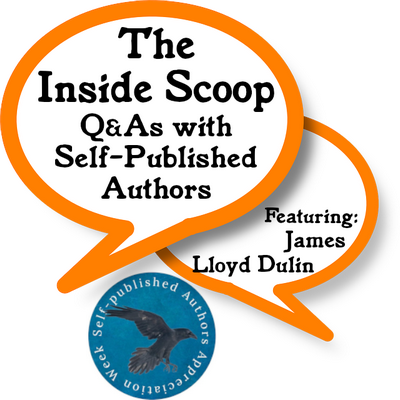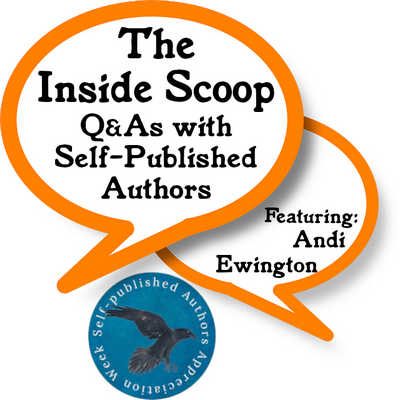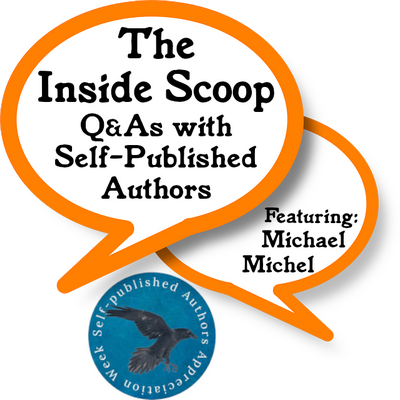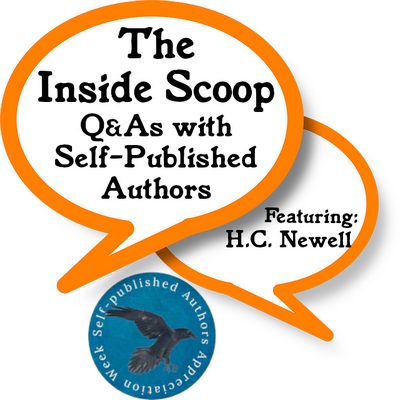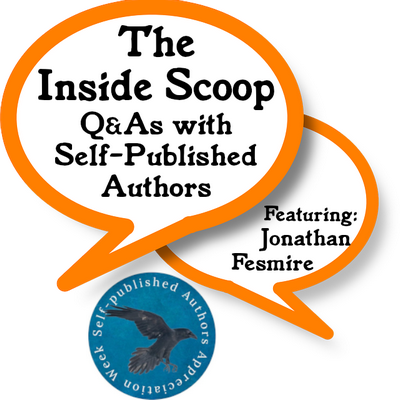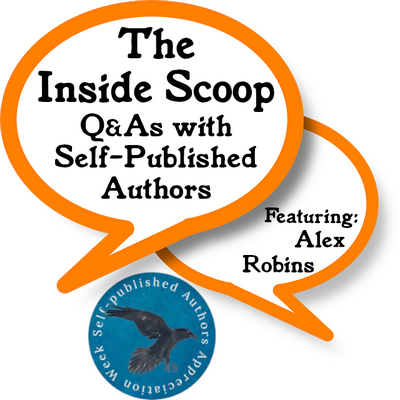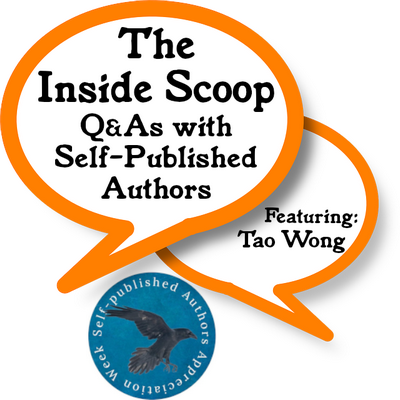
It wasn’t until I’d received Wong’s answers that I figured out why his name had rang a bell when JCM Berne sent him my way. Thanks to K.R.R. Lockhaven talking about it, I’d contributed to a Kickstarter campaign of his a few weeks earlier! (it’s my eye for detail that makes me such a valued employee…). Getting to know more about the writer in this context was a great bonus for me. When it came to the answers, Wong was willing to give specifics, really get down into details. We readers need to think about the numbers he uses (and others in this series) next time we’re tempted to complain about the cost of an e-book/paperback.
Before we get into things, why don’t you give the reader a brief introduction to you and your work.
Hi there! I’m Tao Wong, a science fiction and fantasy author, working mostly in the LitRPG and xianxia sub-genres. I’m best known for the System Apocalypse, an apocalyptic LitRPG and A Thousand Li, a Chinese high fantasy epic (xianxia) involving cultivating to immortality.
You can find details about all I write on mylifemytao.com and on Twitter.
I’ve never heard xianxia before…but now I’m eager to try it out.
What kind of costs are associated with self-publishing a book? Do you hire one or more editors, or one editor for a couple of passes? Cover artist? Anyone to help with layout, design, etc.? Beta readers? Or do you take it all on yourself? Are you actually making any money at this, or are you still focused on breaking-even while building an audience?
The cost of putting out a work can vary significantly depending on the skill level of the author involved and the market they’re pushing for. More experienced authors who have been through multiple rounds of editing can often do a lot of self-editing for shorter works, reducing their cost. Newer authors likely will want to work with experienced editors. As such, cost can be as low as $20-30 for a short story to thousands.
For myself, I work with a copy and line editor to go through my work and then, after I’ve gone through their suggestions, a proofer. Occasionally, I might use a second proofer for a final verification. This cost roughly $500-1200 per book (most editors and proofers charge per word so it depends on the length of the book).
Cover art again varies, from $20-30 for a short story cover using modified stock photos to a couple of thousand for cover art. You’ll need to review what other books in your genre are using and find an artist to suit your budget.
Additional cost that are optional include formatting for ebook and print (free to $150 per book), copyright registration fees ($65), ISBN numbers (free in Canada and certain countries to more) and graphic software for marketing.
I am extremely fortunate to be able to work full-time as an author, with a more than adequate annual income.
I sort of expected numbers like this…but to really see it broken down like this? Very helpful. Thanks for the specificity. And a great reminder that maybe we shouldn’t gripe about $1.99 for self-published books (or more, either).
Are there tools, mentors, websites you’ve found to help you through this process? Or did you stumble through blindly on your own?
I stumbled my way through a lot of this, but I had the advantage of having run both a small business before and also extensive experience in digital marketing. As such, the areas I stumbled was understanding the self-publishing specific aspects.
That being said, I’ve found a few things very helpful in my time:
• Writer’s Beware for watching out for scam artists and potential vanity presses who come along
• The SFWA has a contracts committee that will work and/or review contracts for free. In addition, the Authors Guild has a model contract that you can review and compare contracts to
• Kristyn Kathryn Rusch (kriswrites.com) has an on-going publishing blog. Hers was a blog I had been reading long before I got into publishing and she has a vast sea of experience to draw upon to compare and contrast between the present and past industry and changes she has seen.
• The Facebook groups Wide for the Win and 20booksto50k have a wealth of information available for free from publishers who have provided this information for free. You might have to dig for your specific question, but it’s often around.
• Smashwords has a great guide to formatting, though Draft2Digital also has a free option to allow you to format an ebook for free
How do you juggle marketing/PR/etc. with writing new work? (along with day jobs, family, hobbies, etc., etc.)
In the beginning, I did minimal social media marketing, had a basic website and created a newsletter to allow readers to keep in contact with me. My initial couple of years was dedicated entirely to writing and putting out work.
It’s very hard to make paid advertising work with fewer than three books in a series or a large backlist of standalone books (I hear 7 to 9 books). As such, my focus was writing and putting out as many books in the series I was working on as possible while I was doing this part-time.
Only once I had a series of books did I begin more sophisticated paid advertising, starting with paid newsletters, Amazon Marketing Services (AMS) and then Facebook advertising. These days, I have an employee who works with me to test out a variety of other paid advertising options on top of all that, including book reviews and blog reviews, but I view those as brand building rather than direct marketing.
I prefer paid advertising in general since a lot of it can be set to run with only a few hours a week for review rather than social media which can often be significantly more time intensive.
Social media continues to be an outlet to allow individuals to get to know me, but I do not put much effort into making it a sales platform for me. That suits my personality and skills, though I have friends who do very well on TikTok and Instagram.
Have you thought about trying to get a deal with major (or indie) publishers for upcoming works, or are you planning on sticking with self-publishing?
I generally publish for myself, though I’m not against finding a traditional publisher or a major indie publisher to work with if things worked out well. However, most of the indie publishers in my sub-genre don’t have much to offer me (nor me them); so it’d likely be a traditional publisher that I’d be looking at unless I’m exploring outside of my main genres.
I do have a few contracts with audiobook publishers though like Tantor and Dreamscape and have spoken with other audiobook publishers about working with them for future works. I do believe that keeping options open, whether it’s in different media (for example, some friends have signed great contracts for comic adaptations of their work) or languages are one of the ways to be successful as an author in this day and age.
Self-publishing tends to have less external deadlines keeping one accountable. How do you maintain your work process or work ethic?
These days, I have bills to pay. 😉
But more seriously, setting internal deadlines for when works need to be done help keeps me on track. I give myself sufficient time to be flexible around slowdowns or when I find another project to work upon, but there are hard deadlines with external suppliers like audiobook narrators and editors that need to be met, so I work backwards to know what the minimum timeline to get work done is required.
At the same time, I’m a pantser. I want to know how the story ends, and I won’t really know I write it, so that’s always a nice push.
If you were to start the process over with the experience you have now, what would you do differently?
I released my first few books with minimal editing, and no professional editing. That was a mistake and one I’d certainly rectify. I would not recommend doing that at all. Otherwise, there are specific craft things that I’ve learnt which I would obviously want to edit.
In terms of the business side, there are a few missed business opportunities that looking back at it, I was a little too conservative on. Some of these have not played out entirely yet, so they might be mistakes entirely, but for the most part, I have been happy with the choices I’ve made.
Thanks for your time and participation! Hope you enjoyed it! And do know that there are many of us out here who appreciate and applaud what you do (and our number is growing)!
There’s likely something for everyone in Wong’s backlist, just start poking around it, and you’ll find something to obsess over!
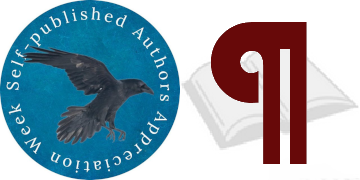
Clker-Free-Vector-Images from Pixabay
The 2023 Self-Published Authors Appreciation Week Logo was made by Witty and Sarcastic Book Club


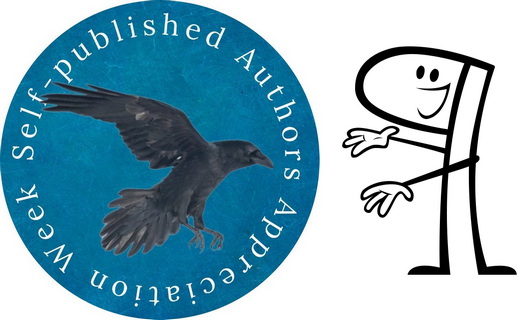

 The Brothers Three
The Brothers Three 